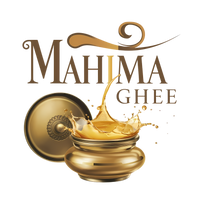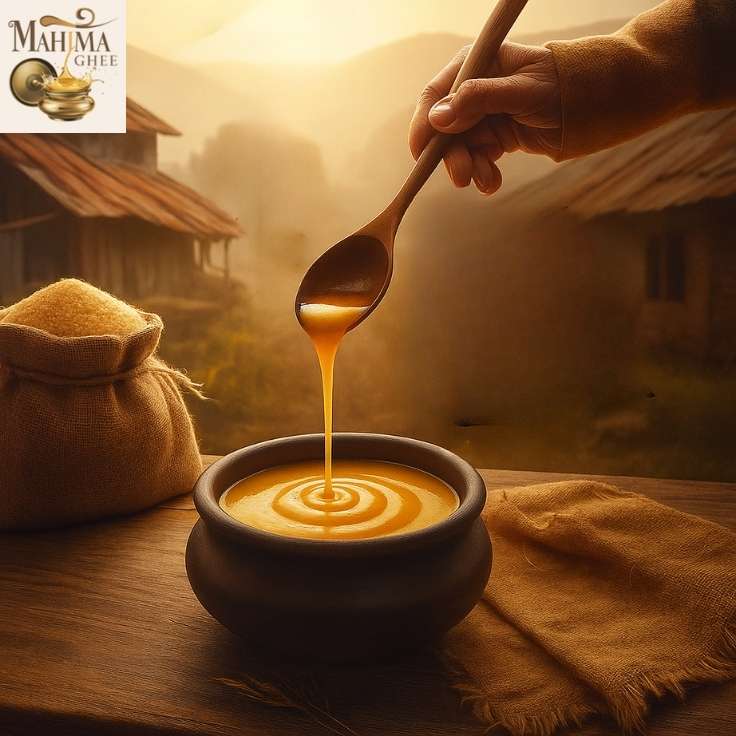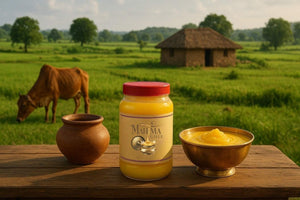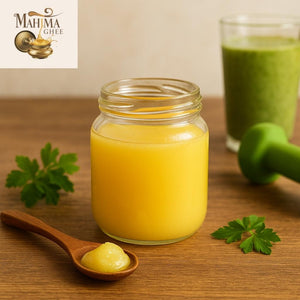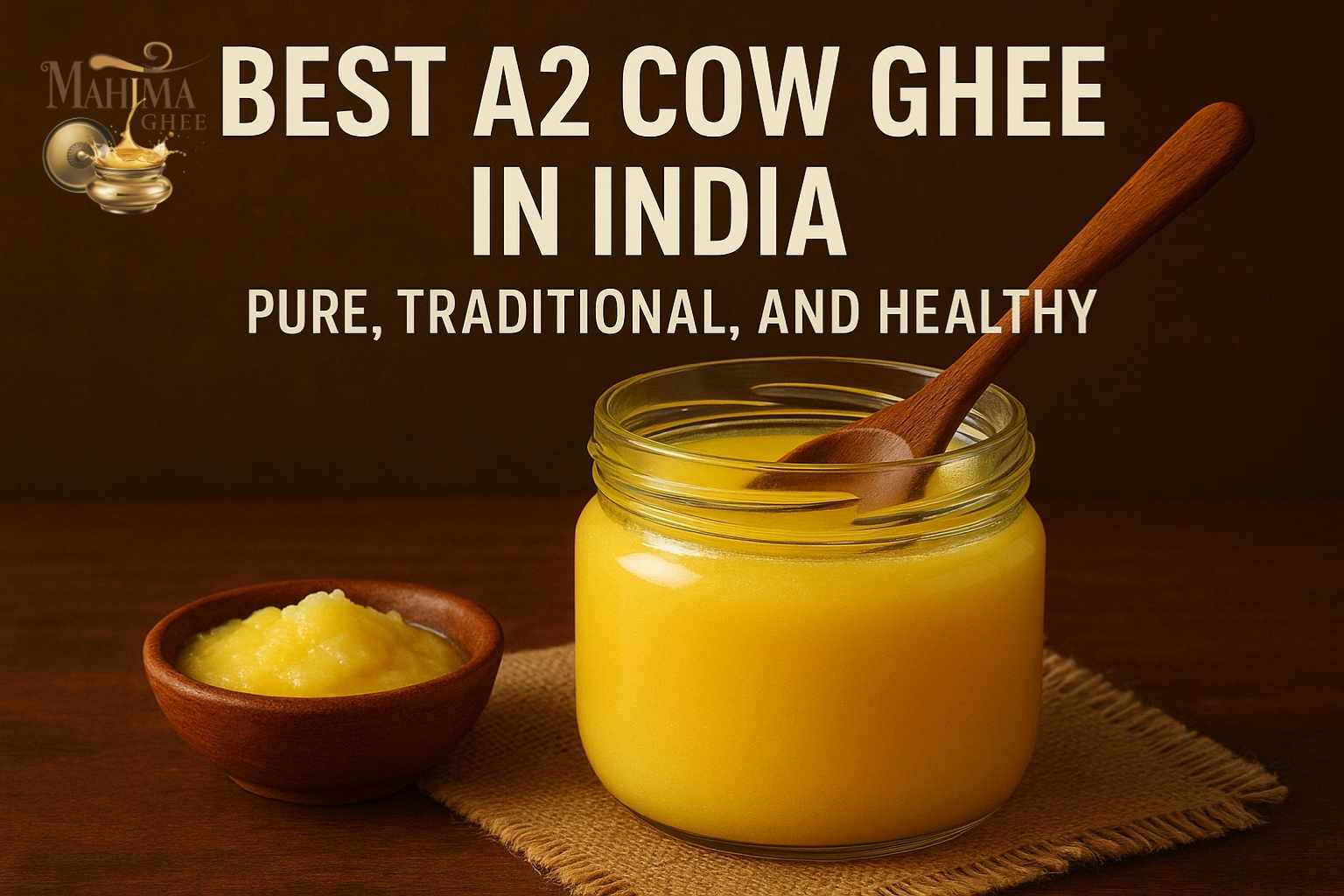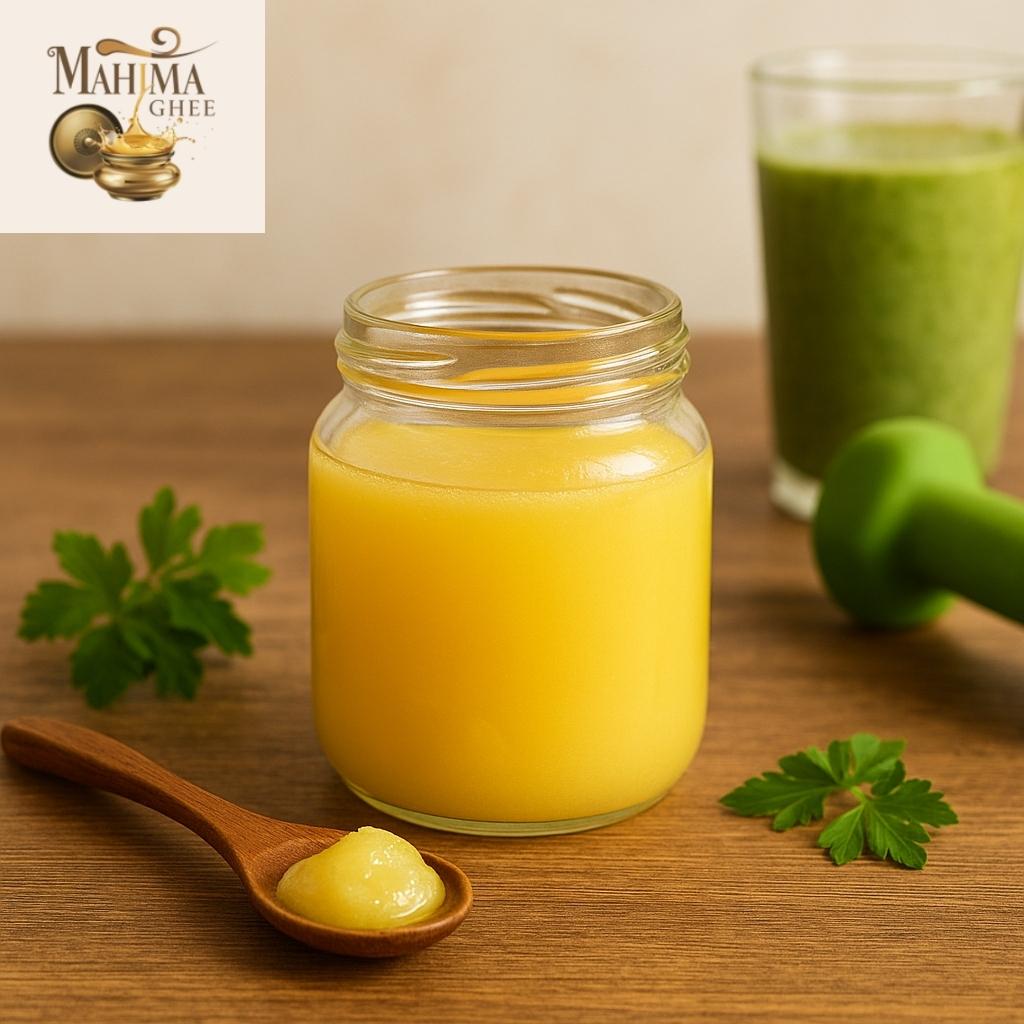In India, desi ghee has been a part of our culture and diet for centuries. From grandmother’s laddoos to the tempering on dal, pure ghee isn’t just food — it’s tradition. Whether it’s bilona ghee, bilona cow ghee, or premium a2 bilona ghee, purity matters.
Unfortunately, ghee adulteration has become a growing concern. Many suppliers mix hydrogenated vegetable oil (commonly known as Dalda) into ghee to cut costs and increase profit.

The result? You pay for pure bilona desi ghee but end up with a mix that could harm your health.
The good news is that purity can be checked without a lab. In this guide, you’ll learn:
- Why ghee adulteration is a problem
- A simple at-home method to check ghee purity
- How to choose and buy genuine, 100% pure ghee
1. Why Ghee Adulteration is a Serious Problem
What is Dalda and Why is it Added to Ghee?
Hydrogenated vegetable oil, or "dalda," is a low-cost alternative to milk fat. Manufacturers add it because:
- It’s cheaper than pure milk fat
- It increases shelf life
- It can mimic ghee’s texture
Signs Your Desi Ghee Might Not Be Pure
- Weak or artificial aroma
- Grainy or overly waxy texture
- Unusually hard even at room temperature
- Much cheaper than market average
Health Risks of Adulterated Ghee
Consuming Dalda-mixed ghee regularly can:
- Increase bad cholesterol (LDL)
- Cause digestive discomfort
- Raise risk of heart disease
- Reduce absorption of vitamins A, D, E, K
💡 Fact: A 2024 FSSAI report found that up to 20% of ghee samples in India were adulterated with vegetable oil.
2. The Melt & Freeze Test – How to Check Desi Ghee is Pure at Home
One of the easiest ways to test purity is the Melt & Freeze method, based on melting and freezing point differences between pure milk fat and hydrogenated oil.
Step-by-Step Process:
- Melt the Ghee
- Place ghee in a steel or glass container.
- Leave in sunlight or warm gently until fully melted.
- Freeze Naturally
- Keep in a cool open area (like a shaded balcony in winter or near a fan).
- Avoid deep freezers for gradual cooling.
- Observe the Texture
- Adulterated ghee forms a hard, cement-like top layer.
- The bottom layer stays soft.
- Thumb Break Test
- Press gently on the hard layer.
- Two layers mean adulteration:
- Hard upper = Dalda
- Soft lower = pure ghee
3. Other Simple Home Tests for Ghee Purity
While the Melt & Freeze test is reliable, you can try:
-
Heating Test
Heat a spoon of ghee in a pan. Pure ghee melts uniformly and leaves no residue, and it has a nice scent. -
Iodine Test (for starch adulteration)
Mix a teaspoon of melted ghee with warm water and iodine drops. If it turns blue, starch is present (rare in ghee).
4. Home Testing vs. Lab Testing – Which is Better?
|
Feature |
Home Testing |
Lab Testing |
|
Cost |
Free or minimal |
₹500–₹2000 |
|
Accuracy |
70–80% |
99% |
|
Time Required |
Few hours |
3–7 days |
|
Purpose |
Quick check |
Certification proof |
Verdict: Home tests are great for personal use. For bulk buying or selling, lab testing is best.
5. How to Choose 100% Pure Desi Ghee
When buying ghee — whether a2 bilona ghee or traditional bilona desi ghee — check for:
- FSSAI license number on the pack
- AGMARK or organic certification
- Only “milk fat” in ingredients
· Steer clear of cheap ghee because it costs more to manufacture pure ghee.
- Prefer small-batch or farm-fresh brands
6. Recommended Pure Ghee Brands
If you’re unsure where to start:
- Brand A – Organic, lab-tested, grass-fed cow ghee.
- Brand B – Traditional bilona method, no preservatives.
- Mahima Ghee – Guaranteed zero Dalda, each batch purity-tested.
Adulterated ghee is a risk you can avoid. The Melt & Freeze test is a free, quick check. But the best prevention is buying from trusted sources.
Don’t compromise on your family’s health.
Order our lab-tested, 100% pure desi ghee today and enjoy the taste of tradition — without the risk.
FAQs
Q1: Can adulterated ghee be made pure again?
No, once mixed with Dalda, it cannot be separated for safe consumption.
Q2: Is Dalda harmful in small amounts?
Yes, even small amounts add trans fats to your diet, which are harmful over time.
Q3: How much does pure ghee cost in India?
₹800–₹1500 per kg, depending on quality.
Q4: Can buffalo ghee also be adulterated?
Yes, any type of ghee — including buffalo ghee — can be adulterated with hydrogenated oil.
